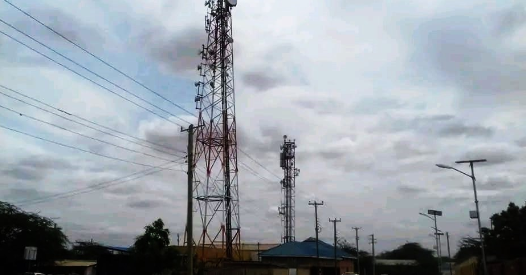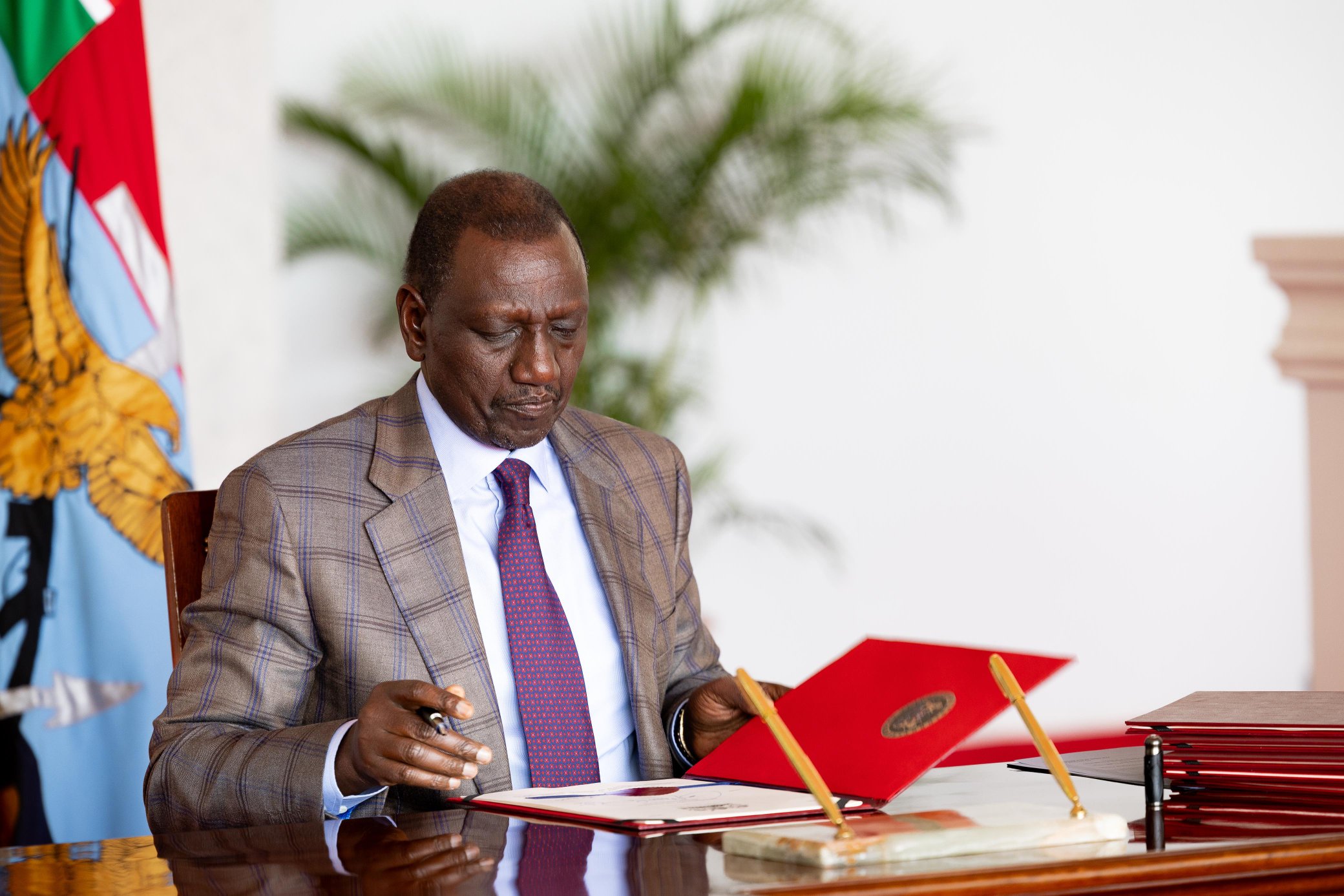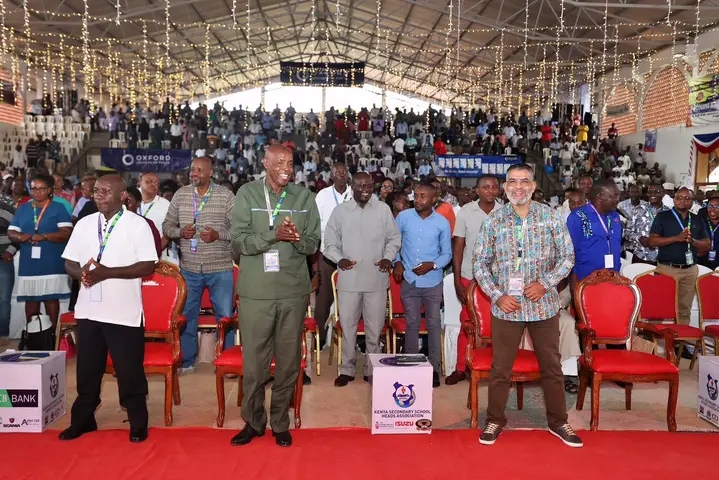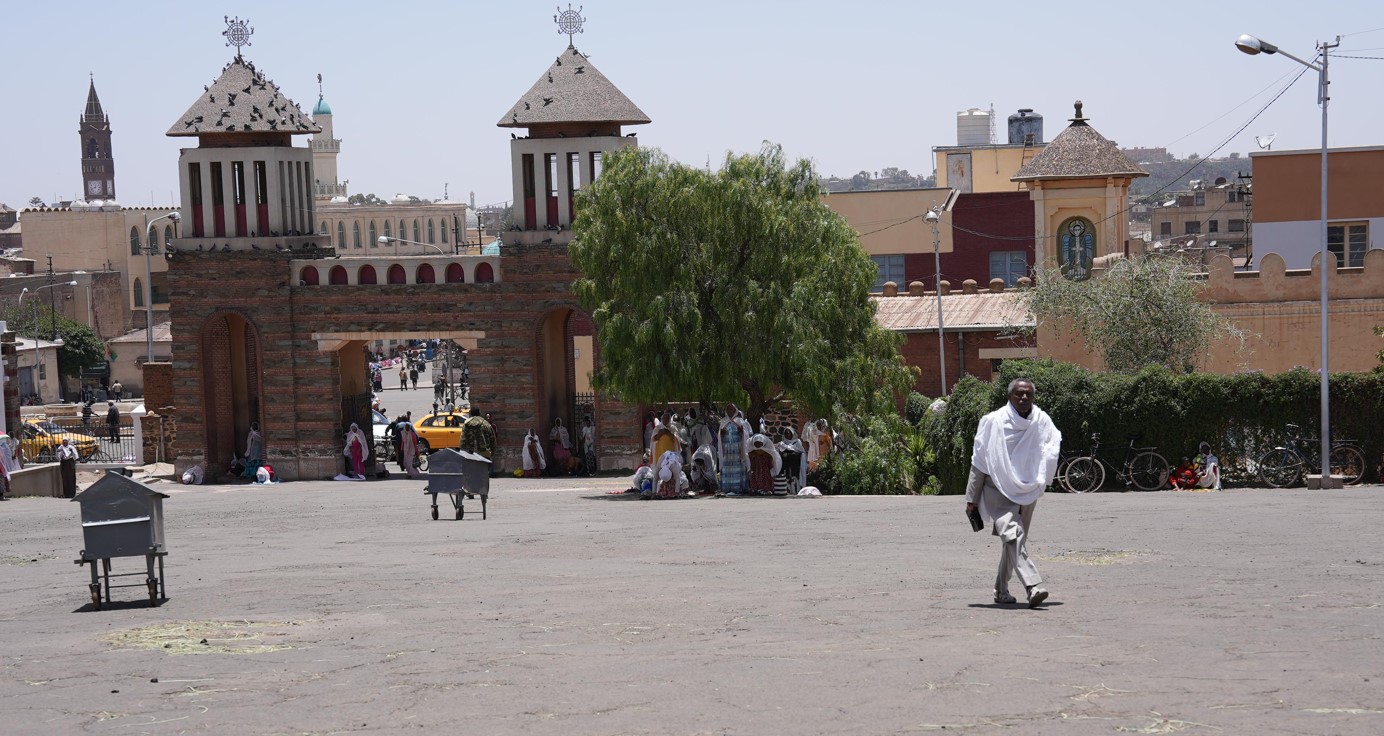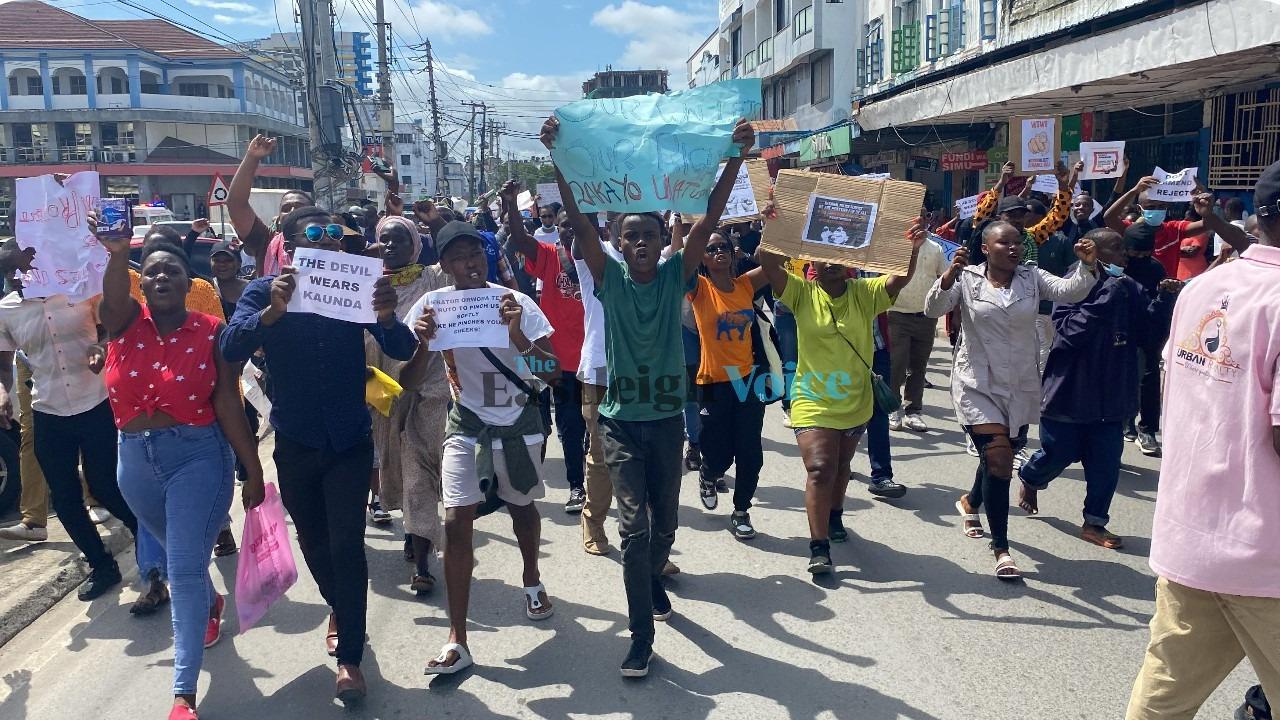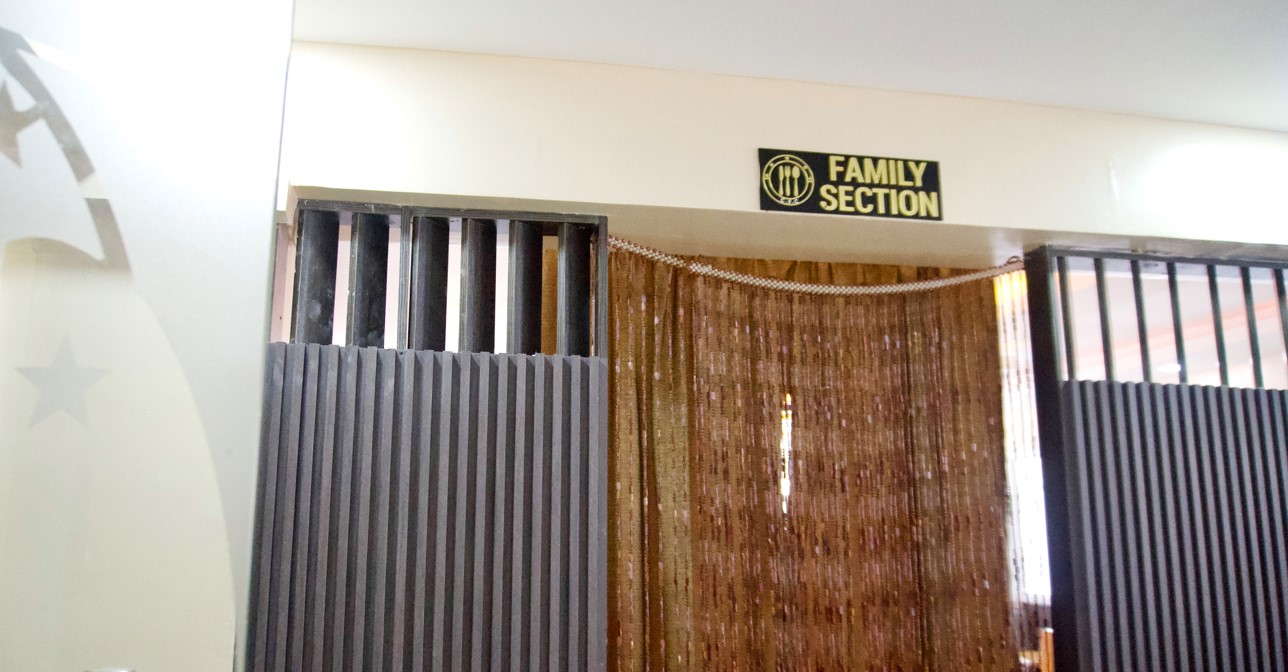High Court refers SHIF Case to Chief Justice Koome
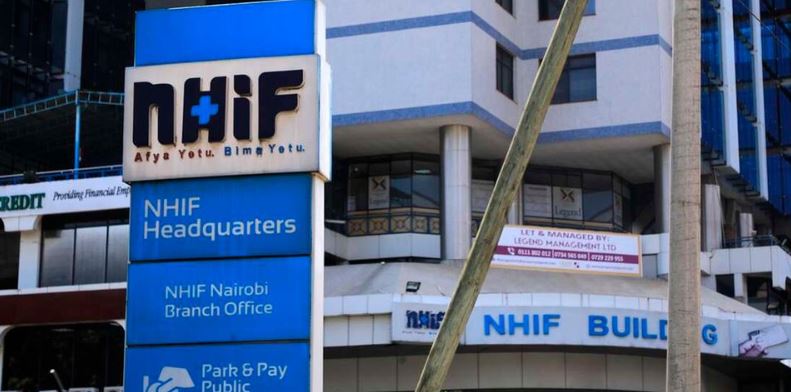
By Joseph Ndunda |
One of the questions the bench will be called upon to determine is whether the integrated digital health information system violates the right to privacy by storing the data of minors without their consent.
The High Court has referred a case challenging the Social Health Insurance Fund (SHIF) to Chief Justice Martha Koome to constitute a bench that will hear and determine the matter.
Justice Chacha Mwita issued the directive following an application by the National Assembly.
Keep reading
The judge directed the matter to be mentioned on March 5 to confirm whether Koome will have set up the bench.
Parliament convinced the court that the case as filed by Activist Enock Aura raises weighty and complex constitutional issues.
The National Assembly Clerk Samuel Njoroge had filed an application and an affidavit pleading for the case to be referred to Koome.
One of the questions the bench will be called upon to determine is whether the integrated digital health information system violates the right to privacy by storing the data of minors without their consent.
The Social Health Insurance Act, Digital Health Act, Primary Healthcare Act, and Facility Improvement Financing Act were signed into law by President William Ruto on 19 October last year.
This meant that the law setting up the National Health Insurance Fund Act, 1998, (the NHIF Act) which had been in operation for 25 years was completely repealed.
What followed were several petitions being filed in court challenging the constitutionality of three statutes.
Enock Aura filed the matter in court last year and the court issued orders suspending the implementation of the Act.
But CS Health Susan Nakhumicha was aggrieved and appealed to the Court of Appeal.
The Appellate Court then proceeded to suspend three sections of the laws including section 26 (5) which makes registration and contribution a precondition for accessing public services from the national and county governments or their entities.
The court also put on hold section 27 (4) which provides that a person shall only access healthcare services where their contributions to the SHIF are up to date.
The National Assembly wants the case challenging the proposed public health insurance scheme – (SHIF) to be heard by a bench of not less than three judges.
However several petitions were filed in court challenging the constitutionality of three statutes.
Njoroge argued that the new statutes that are being contested in court include an overhaul of the entire NHIF Act which has been in operation since 1998 and provides for a whole new, different health insurance framework, which, unlike the NHIF Act, provides for mandatory membership by all persons.
He adds that the Digital Health Act establishes an integrated digital health information system which is a new phenomenon in the health insurance sector.
"The main issue presented by the Petitioner is Section 47 of the SHIF Act as read with the Digital Health Act, 2023, which, in the Petitioner's view, requires every Kenyan to be digitised by unique biometrics. One of the grievances of the Petitioner is the "digitisation of human bodies," states Njoroge in an affidavit filed in court.
The court is also called upon to determine whether under section 26(3) of the SHIF Act, the requirement of having children required under the Act infringes on the rights of children under the Constitution and whether the registration of children and the unique identification system under the Act, violates the constitution, particularly, access to health care by children.
Njoroge added that the Primary Health Care Act, in Section 8 establishes, a primary health workforce including "community health promoters" and "healthcare providers" who are to be assigned to each locality to facilitate access to and ensure the effective delivery of community health services at the community.





